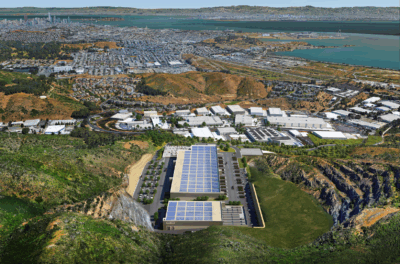COUNCIL GEARS UP FOR TWO BIG FIGHTS – DATA SYSTEM AND DEVELOPMENT
With Governor Jerry Brown’s May Revise of the state budget out this week, there are clearly some bright spots, including the unanticipated $6.6 billion in tax revenue to help close the deficit. Governor Brown also plans to raise education spending by $3 billion and cut 43 state commissions and boards (by the way, we’re pretty confident that the state Sea Urchin Commission will be able to handle the work previously done by the California Commercial Sea Urchin Advisory Committee). However, in reviewing the May revise, we were troubled by the Governor’s decision to suspend funding for CALPADS, the state student longitudinal data system (which will allow us to track student performance over time), and to stop further planning for CALTIDES, the state’s teacher database. The Bay Area Council believes that when it comes to education, collecting more data, not less, is one of the main keys to improving student achievement and accountability in California.
Eliminating $3.5 million for the program also seems unwise since the funds were federally allocated and will therefore not help balance our shortfall. We were pleased to see yesterday that the Legislative Analyst agrees with us, and recommended the legislature not defund the state’s student and teacher data systems, as proposed. Expect the Council to fight tooth and nail on this issue.
In addition to education, the Council has been waging a battle this week on another front: the future of development in the Bay Area. Bay Area Council President & CEO Jim Wunderman spoke out yesterday at the Bay Conservation and Development Commission’s (BCDC) public meeting, in support of transit-oriented, urban infill development. BCDC is proposing a plan that would discourage development in low-lying waterfront areas, including areas such as Mission Bay and Pier 70 in San Francisco that are already “urbanized,” and areas around Moffett Field in the South Bay. The Council believes that prohibiting building in these areas kills exactly the sort of development that will help cut green house gas emissions in the future, and we will continue to push BCDC to develop a Bay Plan that promotes smart growth throughout our region.





